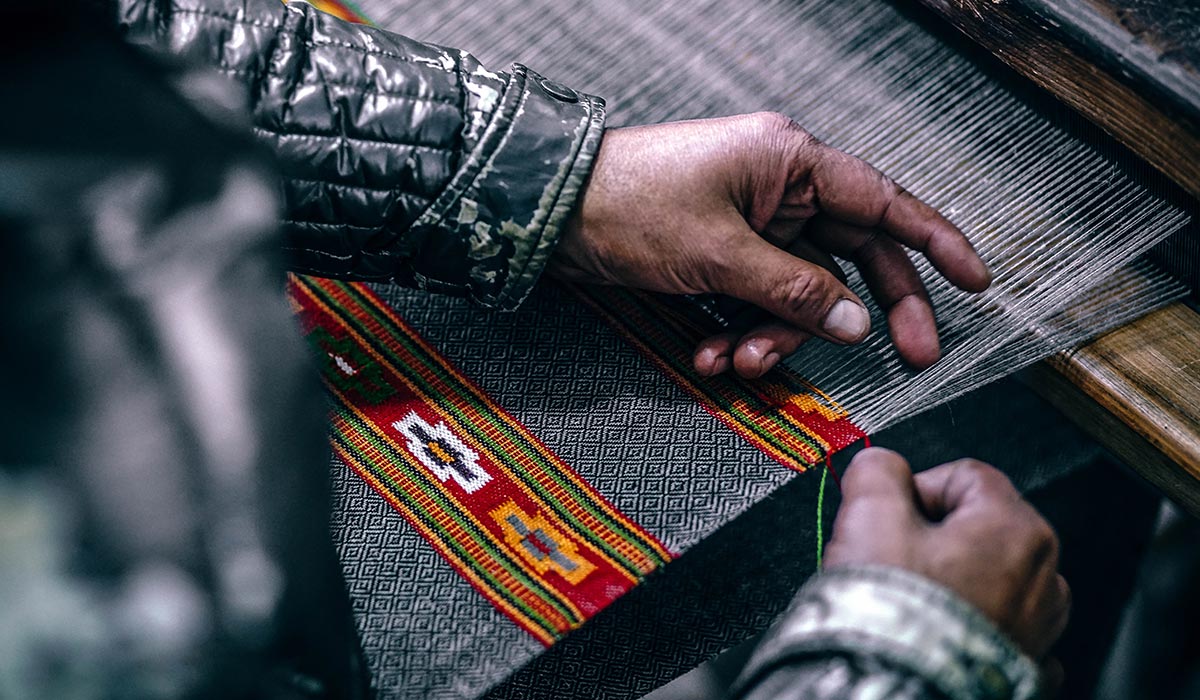Story Themes: How Particulars Form Threads (Part 3 on Story)

This week, Dan and his wife, Becky Allender, continue a series on Story. They dialogue about how their own particular upbringings and life events formed distinct themes in their lives. The episode presents a challenge to us: Have we taken time to consider the themes of our own stories? And have we considered how these themes affect those around us?
Dan begins the conversation by reviewing last week’s episode, which focused on the way intrigue can keep us from irritation.
He also reviews details about the “To Be Told” conference on October 13-14. The event will be simulcasted, and you can join live with a group or at a later point. To learn more, go to tobetoldsimulcast.com.
In this episode, we switch to focus on our odd themes of life—how stories aggregate into thematic structures and ultimately affect our style of relating.
Most people don’t consider how their stories have aggregated to bring them to be who they are. They therefore can’t fully understand the effect they have on others.
In considering the themes of their own stories, Dan says to Becky, “I create chaos, and you create order.” But how did the particulars of their lives create these thematic threads?
Becky: I was the middle child, and my role was the peacemaker…I was formed to root for the underdog, and that played out in many ways in my life.
Dan: I was the one on the playground that was bellicose and no one wanted to mess with. I was trying to avoid any further shame in my life. Those same themes were latently present even in the beginning of our marriage.
Becky: The first time I went into your home, I was invited to meet your mom. You said, “Would you like to watch me and my mother do our tricks?”
Dan: It was my goal to keep you in conversation as long as possible to keep you from going to Jeff’s house.
Becky: Your mom became like a baton, and you flipped her around. You stared at me and asked what I thought. I didn’t know what to think. I didn’t really play with my mom, let alone touch her.
Dan: I then said, “Let’s go for a five minute walk.” That turned into four hours together. If we look at story thematically, your father was a strange man who did strange things, so I needed to keep you engaged. You were not living on the edge, but you were drawn to the edges. You looked for revolutionaries in a quiet way because you had to hide that side from your mother.
Your story themes are indeed who you are…Your personhood is a mosaic with an iconic meaning you can never get to until you start naming the themes of your life.
Becky: I never real understood the idea of themes until I fell in love with group work. It is extravagant to take time on yourself and your story and do that for one another. Now, as a 65-year-old woman, I can understand how to have the capacity to understand the whole story.
Our core desire is to be known, but how seldom do we know the core stories of those closest to us—not only the brokenness but also the beauty God has wired into every level of our becoming?
The episode ends with this encouragement: Be in community to better know your story and find the thematic threads. Our themes end up writing our themes again and again, so we need to be able to go into our stories. Some parts that we think are insignificant bear immense power for us and how we affect others.
Next week, we will be moving from our own stories into how they connect us to the story of God.
